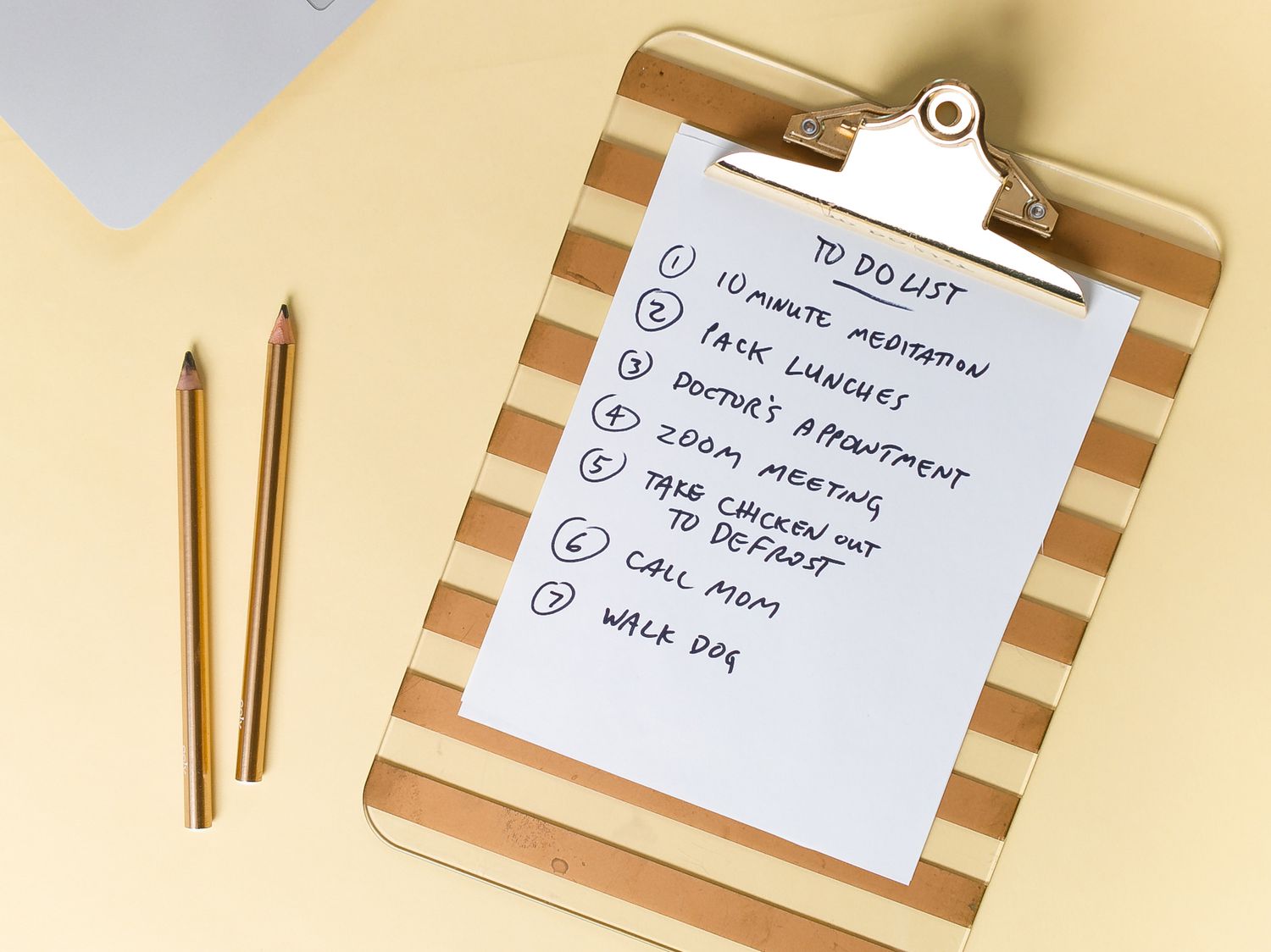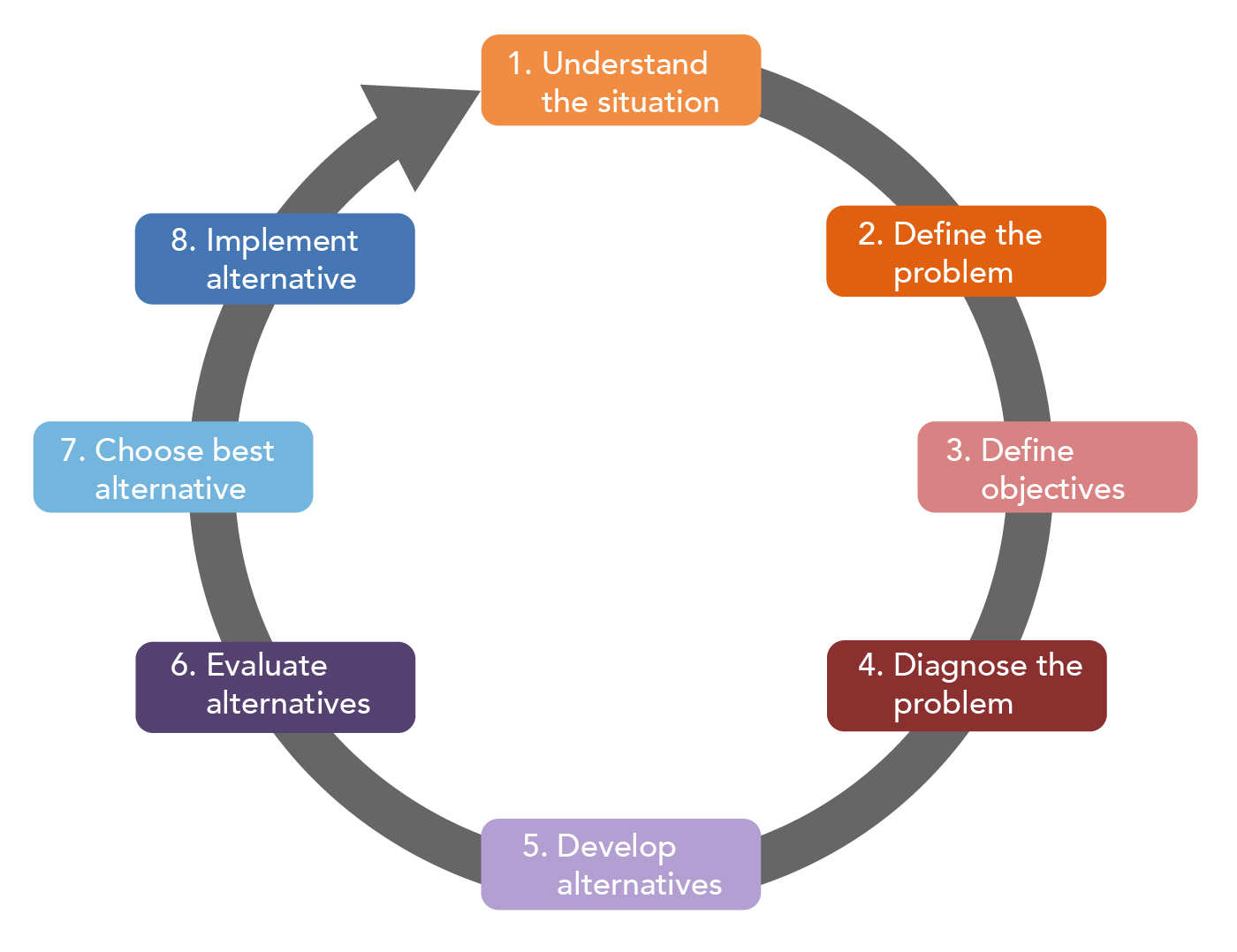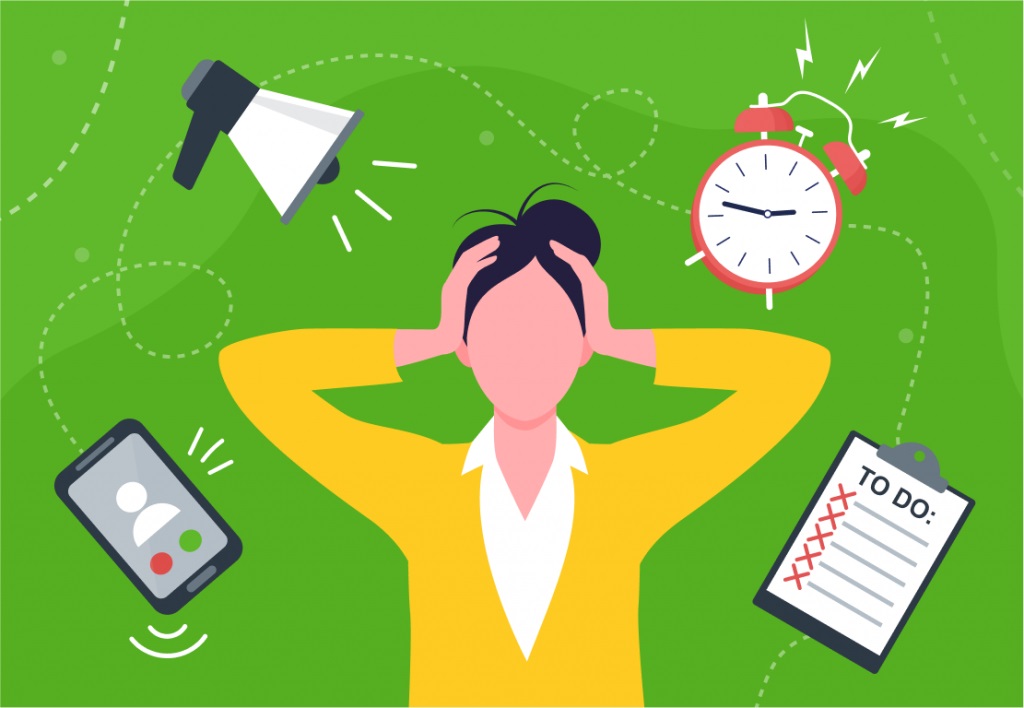Ever get to the end of the day and feel like you can’t even decide what to watch on TV? It’s not just you. This is a classic sign of decision fatigue, the mental exhaustion that creeps in after you’ve made one too many choices. It impacts everything from our big career moves to what we eat for dinner, and it’s a huge part of effective stress management. Understanding how to counter it can honestly change your daily life, giving you back the mental space you need for the things that truly matter.
Understanding Decision Fatigue and Its Impact
Before we can tackle it, we need to understand what we’re up against. Decision fatigue isn’t just a feeling; it’s a genuine psychological state that drains your most valuable resource: your mental energy.
What Is Decision Fatigue?
So, what is decision fatigue? Think of your brain’s capacity for making thoughtful choices as a battery. Every single decision you make, big or small, uses a bit of that battery’s power. From choosing your outfit to responding to an email to deciding on a project’s direction, it all draws from the same limited source. Decision fatigue is what happens when that battery runs low. Psychological research often connects this to concepts like willpower depletion and cognitive load, showing that our ability to self-regulate and make sound judgments weakens as the day goes on.

Common Signs and Symptoms
How do you know if you’re hitting your decision limit? It often shows up in four key ways:
- Procrastination: You find yourself putting off choices, even simple ones. That email you could answer in two minutes sits in your inbox for hours.
- Impulsivity: When your brain is tired, it looks for shortcuts. This can lead to making rash choices you wouldn’t normally make, like splurging on an online purchase without thinking it through.
- Avoidance: You might just start ignoring decisions altogether. Instead of choosing a restaurant, you just say, “I don’t care, you pick.”
- Indecision: Also known as analysis paralysis, this is when you get stuck overthinking a choice, unable to commit to any option.
These symptoms can really affect your well-being, and it’s important to recognize how the stress effects on body can be made worse by this constant mental drain.
What Causes Decision Fatigue?
Modern life is practically designed to cause decision fatigue. The main triggers include:
- Too many decisions: From app notifications to endless consumer goods, we’re bombarded with choices.
- Complex choices: Decisions that lack clear criteria or have high stakes consume more mental energy.
- Choice overload: Research shows that having too many options makes us less happy with our final choice.
- Mental or physical depletion: Trying to make decisions when you’re already tired, hungry, or stressed is a recipe for poor outcomes.
How to Overcome Decision Fatigue: Build Structured Daily Routines
One of the most effective ways I’ve found to fight back is by putting parts of my life on autopilot. Routines turn conscious decisions into automatic habits, saving that precious brainpower.
Design an Effective Morning Routine
Mornings can be hectic. By creating a set routine, you can sail through the first part of your day without making a single non-essential decision. This could mean eating the same healthy breakfast every weekday, laying out your clothes the night before, or following the same exercise sequence. High-performers often do this to reserve their best thinking for the day’s biggest challenges.
Standardize Regular Choices
Look for recurring decisions in your life and standardize them. You don’t have to live like a robot, but simplifying some areas can be incredibly freeing.
- Capsule Wardrobe: Limit your clothing to pieces that all work well together.
- Meal Planning: Plan your dinners for the week so you’re not scrambling at 6 PM.
- Grocery List: Use a template for your weekly shopping trip.
This isn’t about being rigid; it’s about being smart with your energy.

Create Decision Templates
For recurring situations at work or home, a template can be a lifesaver. It’s a simple framework to guide your choice without having to re-evaluate from scratch every time. For example, when a new meeting request comes in, your template might be: “1. Is my presence essential? 2. Does it have a clear agenda? 3. Does it fit my weekly priorities?” If the answer to any of these is no, you decline or ask for more information.
Reduce Your Total Decision Load
The simplest way to combat decision fatigue is to face fewer decisions. This is about decision minimalism—intentionally clearing out the clutter of unnecessary choices.
Simplify Your Available Options
We often think more options are better, but they usually just make us more anxious. Actively limit your choices. Unsubscribe from marketing emails. Pick one or two streaming services instead of five. Declutter your home so you have fewer things to manage. A simpler environment leads to a calmer mind.
Automate Repetitive Decisions
Technology can be your best friend here. Put your recurring bills on autopay. Use subscription services for household items you always need. Let your GPS decide the best route. Every decision you hand off to automation is a win for your mental energy.
Eliminate Low-Value Choices
Take a look at your day and ask: which decisions are just taking up space? These are the low-impact choices that consume time but don’t add much value. Maybe it’s what font to use in an internal memo or which brand of paper towels to buy. For these, just make a good-enough choice and move on.
Time Your Decisions Strategically
When you make a decision can be just as important as what you decide. Your mental energy ebbs and flows, so work with your natural rhythm, not against it.

Make Important Decisions in the Morning
Your brain is sharpest after a good night’s rest. Schedule your most important, high-stakes decisions for the morning. Protect that time. Don’t waste your peak mental performance on scrolling through social media or answering trivial emails. Tackle the big stuff first.
Avoid Deciding When Depleted
Have you ever heard the advice “never go grocery shopping when you’re hungry”? The same applies to decision-making. If you’re tired, hungry, or emotionally upset, you’re more likely to make a poor choice. It’s okay to postpone a decision until you’ve had a meal, a short rest, or some time to cool down.
Batch Similar Decisions Together
Constantly switching between different types of tasks, known as context switching, is a major energy drain. Instead, try batching. Set aside a specific block of time to handle all your emails. Review and approve all team requests in one go. Plan your weekly schedule in a single session. This creates efficiency and reduces mental friction.
Delegate and Share Decision-Making Authority
You don’t have to make every decision yourself. In fact, you shouldn’t. Sharing the load reduces your burden and empowers the people around you. This can be especially helpful for managing stress at work.
Identify What to Delegate
A good rule of thumb is to keep only the two to four most important decisions of your day for yourself. Delegate the rest. Ask yourself: “Am I the only person who can make this decision?” If the answer is no, hand it off to someone on your team or in your family who is capable.
Empower Others to Decide
Delegation only works if you truly let go. Give people clear guidelines and the authority to make the call. Let your team member choose the software for a project. Let your kids pick Friday night’s movie. This builds their confidence and frees up your mental space. Trust them, and resist the urge to micromanage.
Leverage Technology and Systems
Sometimes, delegation isn’t about people but about systems. Use project management software to automate task assignments. Use smart home devices to handle routine adjustments. These tools can act as an extension of your team, handling routine decisions so you don’t have to.
Develop Better Decision-Making Processes
Having a clear process reduces the strain of making a choice. Instead of staring at a problem, you can follow a path to a solution.

Create Clear Decision Frameworks
A decision framework is just a set of questions based on your values to guide your choice. For a new commitment, you might ask: “Does this align with my goals? Does it excite me? Do I realistically have the time?” This turns a vague, stressful decision into a simple checklist.
Set and Follow Priorities
If you don’t know what’s important, every choice feels equally urgent. Take some time to define your top 3-5 priorities in life and work. When a new choice comes up, ask if it serves those priorities. If it doesn’t, the answer is likely no. This clarity makes decision-making much faster and less agonizing.
Stop Rehashing Past Decisions
Once a decision is made, let it be. Second-guessing and ruminating over past choices is a form of mental torture that only deepens decision fatigue. Accept that no decision is perfect, learn what you can from the outcome, and move forward.
Practice Self-Care and Energy Management
Your ability to make good decisions is directly tied to your physical and mental health. Self-care isn’t an indulgence; it’s a necessity for high performance.
Prioritize Quality Sleep and Nutrition
You can’t run a brain on empty. Aim for 7-9 hours of quality sleep each night. Eat regular, balanced meals to keep your blood sugar stable. Stay hydrated. These basic things have a massive impact on your cognitive function and resilience against fatigue.
Take Regular Mental Breaks
You wouldn’t sprint a marathon, so don’t try to make decisions for hours on end without a break. Step away from your desk for a few minutes. Take a short walk. Do some stretching. Even a five-minute pause can help reset your brain and improve the quality of your next decision.
Incorporate Stress-Relief Activities
Building long-term resilience is key. Regular exercise, mindfulness practices, and hobbies you love help manage your overall stress levels. Things like meditation for stress management or simple deep breathing for stress management are powerful tools. When your baseline stress is lower, you have a bigger reserve of mental energy to draw from.
Final Thoughts
Overcoming decision fatigue isn’t about finding a magic trick to make perfect choices. It’s about being intentional with your energy, building smarter systems, and giving yourself grace. By reducing the number of choices you make and improving the process for the important ones, you can reclaim your mental clarity and focus on what truly moves the needle in your life.
For more insights on living a more balanced life, feel free to explore more resources here at www.notonetype.org. If you need immediate relief, you might find our guide on how to relieve stress quickly helpful.


Có thể bạn quan tâm
Meditation for Stress Management: 11 Proven Techniques
Stress affects millions of Americans daily, triggering physical and emotional responses that can impact overall...
Nov
Physical Activities to Reduce Stress: Exercises for Mental Well-Being
Feeling overwhelmed? You’re not alone. When life gets hectic, our body’s stress response can go...
Nov
Stress Management: Proven Strategies to Reduce Stress and Improve Wellbeing
Stress is a universal human experience. It’s that feeling of being overwhelmed when your to-do...
Nov
Deep Breathing for Stress Management: Techniques to Calm Your Mind and Body
Breathing. It’s the first thing we do when we enter the world and the last...
Nov
Stress at Work: Causes, Signs, and Proven Strategies to Manage Workplace Stress
Stress at work affects millions of employees worldwide, leading to decreased productivity, health problems, and...
Nov
Why Am I Stressed for No Reason? 8 Hidden Causes Explained
Feeling stressed without a clear reason is more common than you might think. It’s that...
Nov